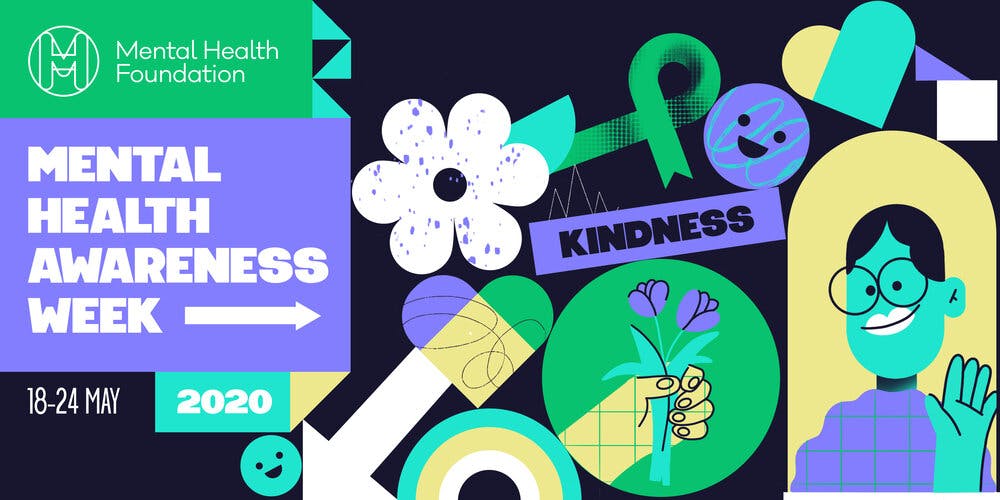It’s Mental Health Awareness Week in the UK, at a time when all our mental wellness has been radically challenged. I live alone and haven’t had interaction with anyone in over two months. But I have been interacting with brands, some which have touched me with kindness, others which have looked to exploit the moment.
Do brands have a responsibility to our mental wellness? And if so, what should they be thinking and doing?
Adversity breeds compassion
Over the last few months, our freedoms and our lives have been completely altered in a way most of us have never experienced before. And while this pandemic has fuelled the xenophobic, racist, fear mongering fire in a few, I believe the overwhelming majority of people have accepted the challenge to become more self-aware and, dare I say, compassionate. And of course, like with any major global event, brands have been going into overdrive working out how they can respond to and reflect this new behaviour.
Brands are turning to compassion, kindness and championing mental health as a way of connecting with consumers, but during this period many have found it challenging to know how to be kind. Some brands have distanced themselves knowing that striking the right tone is a minefield riddled with pitfalls, others have used it as a PR “hey look at me” opportunity. Then there are those that genuinely seem to care, and in a time when you want and need someone to check-in, that’s a nice feeling. It also gives you hope that there is a positivity to the future.
Kindness is a natural fit for brands with purpose
I formerly worked at Gousto, a recipe-box business with a mission to get the nation eating better. They could have used these opportune conditions to force more recipe boxes on customers. Instead they shifted their focus to enabling people to find and support local food suppliers and restaurants with their Food Finder app and campaign.
Now, this isn’t necessarily original, but what’s important is that Gousto continued to work towards and fulfil their purpose and values: to deliver inspiration to every home cook. This purpose guided how the brand should pivot to do the kindest thing when it mattered most, going from recipe inspiration to community inspiration. Brands that show genuine compassion for people, not just customers, fill us with joy. So this leads me to ask, should brands consider “kindness” as a core value?
